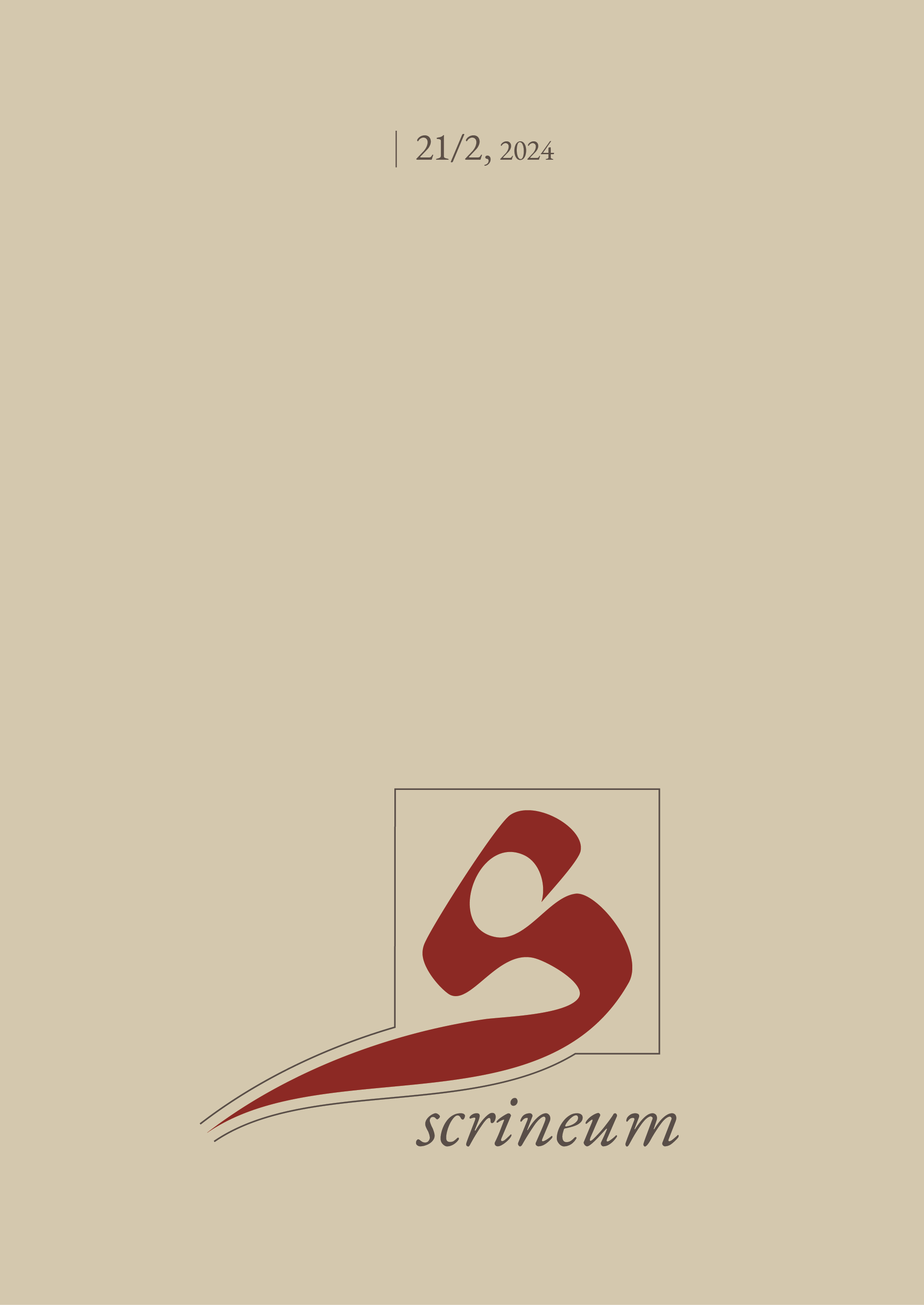Early Medieval Minuscule Texts as a Subject of Study: Tentative Taxonomy, Codicological Contexts, and Related Social Practices
Abstract
This paper overviews early medieval textual additions, defined as minuscule texts, to Latin manuscripts produced before c. 900; when appropriate, it draws parallels with Petrucci’s discussion of early medieval ‘occasional microtexts’ (microtesti avventizi). The overview is based on the corpus of early medieval minuscule texts assembled by the MINiTEXTS project and currently comprising more than 4000 entries. Thereafter, the paper outlines two typologies of early medieval minuscule texts: one based on their placement within the diachronic stratigraphy of a manuscript, as well as their other codicological features, and the other structured by their textual contents. The essay argues that the appearance in the margins of early medieval manuscripts was closely related with concurrent social, economic, religious, and cultural practices. The latter point is exemplified with three case studies of minuscule texts and their broader historical contexts.
Copyright (c) 2025 Ildar Garipzanov

This work is licensed under a Creative Commons Attribution 4.0 International License.
Authors retain the copyright and grant the journal right of first publication with the work simultaneously licensed under a Creative Commons Attribution 4.0 International Public License (CC-BY-4.0) that allows others to share the work with an acknowledgment of the work's authorship and initial publication.

This work is licensed under a Creative Commons Attribution 4.0 International License





